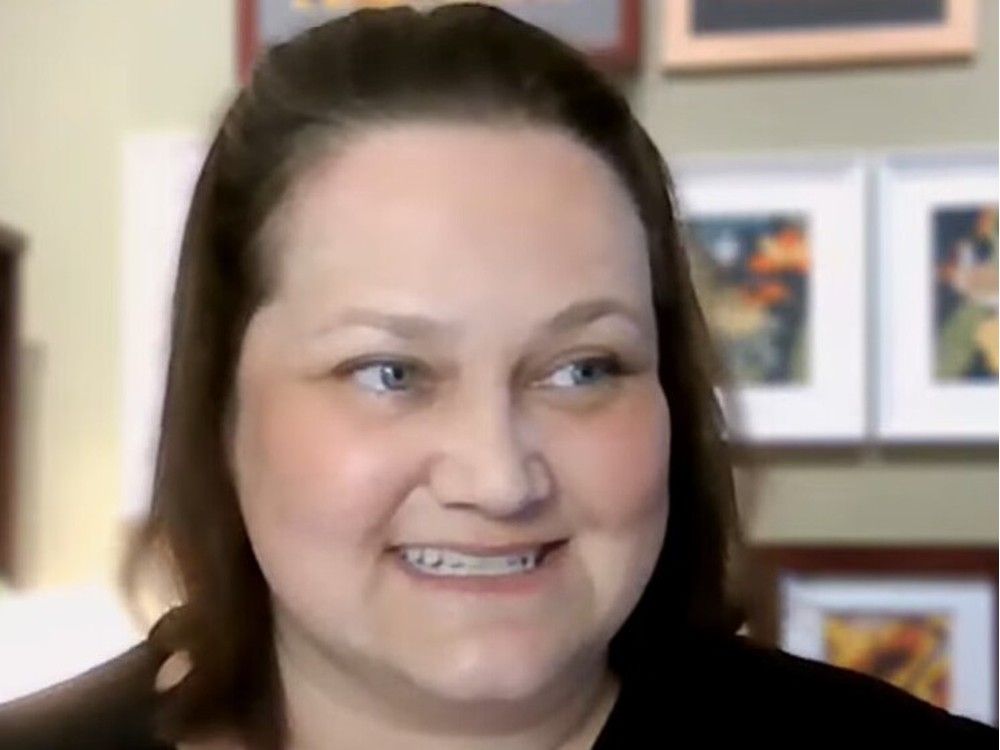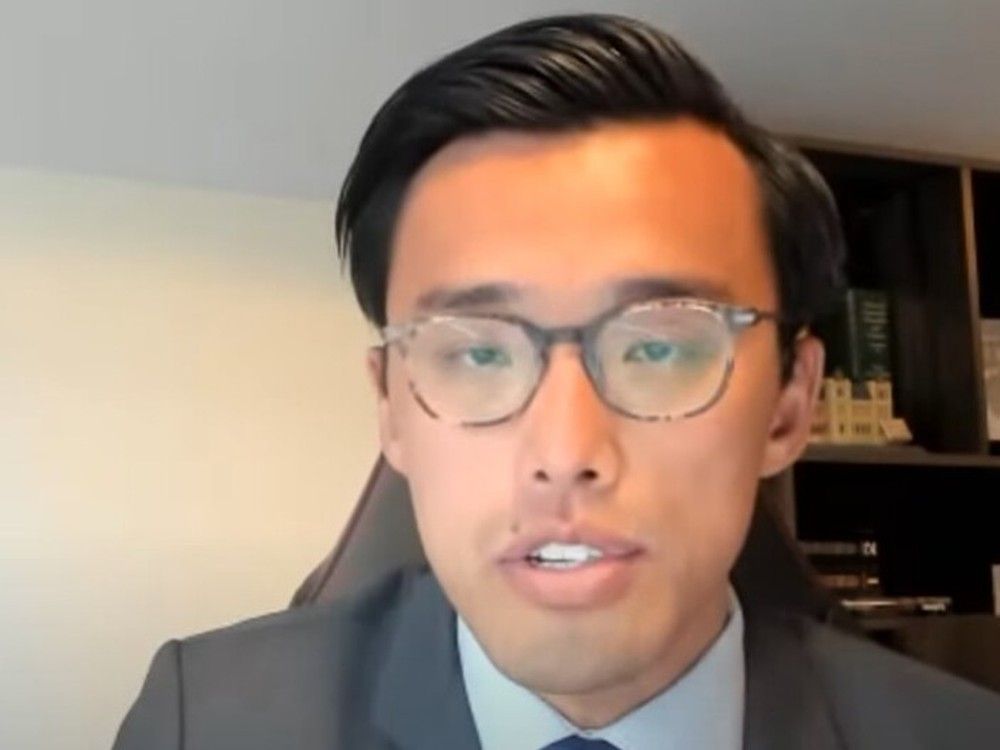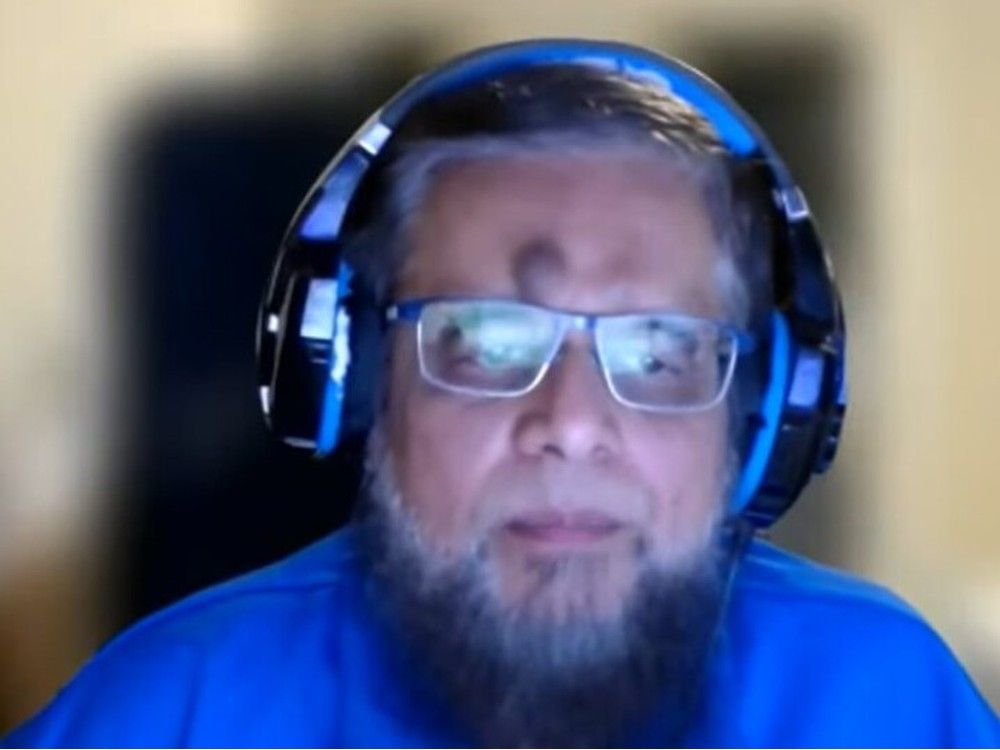Although Kanata’s federal election candidates weren’t in the same room Tuesday night, they nonetheless landed punches as they tussled over such issues as the housing crisis, the affordability crisis and threats to Canadian sovereignty and its economic well-being.
The five rivals met virtually in a Zoom debate that was livestreamed on YouTube. All of the contenders were present, including the Liberal Party’s Jenna Sudds, the Conservative Party’s Greg Kung, the NDP’s Melissa Simon, the Green Party’s Jennifer Purdy and Moinuddin Siddiqui of the Centrist Party of Canada.
Here are five things made clear at the debate.
Four of five candidates said the U.S. and its President Donald Trump are threatening Canada.
Asked to name which countries were threats to Canada, most candidates were unequivocal.
“It’s pretty clear that we are under attack,” said the NDP’s Simon. “There’s an economic war on Canada by the United States and what that means is we need to make sure that we’re prepared to sustain our economy, regardless of what the United States chooses to do.”

Calling Trump a threat to Canada’s economy and sovereignty, Sudds said the election is essentially about who is best positioned to deal with the U.S. President. “With Mark Carney as our leader and myself as your member of Parliament, you can rest assured that we will not sell you or Canada out for parts,” said Sudds.
“The United States is definitely a threat and anybody who thinks it might only last for four years, we need to plan for the worst-case scenario, that this extends beyond four years,” said Purdy. China and Russia are also threats and “we need to be keeping eyes on them as well,” the Green Party candidate added.
“Everybody have the same opinion. The threat we have right now is our neighbour country, the U.S.,” said Siddiqui.
Kung said Canada needs to protect its sovereignty and borders, and cited a Conservative promise to build a northern military base. But he preferred to speak of Canada’s weakness rather than the threat posed by Trump.
Ten years of Liberal rule have left the country, he said, in a weak position vis-
à
-vis other countries, “whether it be the U.S. or other nations. We’ve had many countries come to Canada asking for our resources, and it is this same Liberal government that has said no, that repeatedly said that there is no business case for us to get our resources to market,” Kung said.
All parties favour defence spending
The NDP supports Canada spending two per cent of its GDP on defence by 2030, said Simon.
The Green Party’s Purdy, an Armed Forces veteran herself, said increased defence spending was warranted not only because of threats to Canada’s sovereignty but because “we are also resource-rich and the climate crisis is a threat multiplier in terms of national security.”

In addition to a “combat-capable military,” Canada needs a “civil defence force” that would fight natural emergencies and climate disasters to take the strain off military personnel fighting fires and floods, said Purdy. She also said Canada’s purchase of American-made F-35 fighter jets U.S. should be cancelled.
Kung said his party, more than others, had heard from veterans and active personnel who feel let down by the Liberal government in the last decade. “We have more to do when we have active personnel living in their cars, when active personnel are homeless or buying their own backpacks and helmets,” he said.
Sudds said CAF personnel deserve pay raises and that more soldiers must be recruited. Members of the military also need to be better supported in terms of housing, health care and child care, she said. Sudds also said that Canada’s defence procurement system needs an overhaul, and that Canadian defence businesses need help to grow and diversify their markets.
Candidates support home-building but differ on the details
Sudds said the federal government needs to get back into the business of building homes, and that the Liberal plan is to build 500,000 affordable homes yearly, using Canadian lumber, steel and other goods. The Liberals will also remove the GST for first-time home buyers on homes of $1 million or less, saving up to $50,000 on a purchase.
Kung said Conservatives would remove the GST on new homes under $1.3 million, saving first-time home buyers up to $65,000. Conservatives would also give incentives for cities to reduce development charges, and eliminate the Liberal tax on home renovations.

The NDP supports building three million new homes, of which at least 20 per cent would be non-market homes. “If we leave it entirely for profit, we end up in the situation that we’re in now,” said Simon. A new fund called the Canadian Homes Transfer would invest $8 billion over four years in housing, and an NDP government would allocate that funding by requiring cities to allow for more multi-unit homes, Simon said.
Purdy said the Greens “are all about” the federal government getting back into the housing game, including non-profits and co-ops. “The Green plan is 1.7 million housing units for seven years, and the other thing is we don’t want to use developers (exclusively)… Developers do need to be used, but we also have to be careful because then we just end up with more $400,000, $500,000, $600,000 homes, and people can’t afford it,” said Purdy.
Siddiqui said the Centrist Party favours using federal land for building 1.5 million houses by 2030. The party also favours price controls on houses, he said.
Sudds touted her record while Kung and others attacked her and the Liberals
Sudds said she negotiated with Canada’s provinces and territories to create Canada’s first national school food program. Conservatives voted against this program, she added.
Responding to a question on Canada’s housing crisis, Sudds said she secured just over $173 million in Canada Mortgage and Housing Corporation housing accelerator funding for the City of Ottawa to help get more homes built. Sudds said she and her fellow Liberal MPs from the Ottawa area secured $180 million for Ottawa for transit over the next 10 years.
Sudds said that in the face of threats from Trump, she convened a roundtable with Kanata’s business leaders to sound them out and ask how the federal government could help them. She took issue with Kung’s assertion that Canada was not an attractive place to do business and said she had attracted $140 million of investment.

Kung said that if Liberals had listened to the tech community, they would not have brought in capital gains tax increases last year. “They blamed tech entrepreneurs, IT engineers, people that worked in the KNBA (Kanata North Business Association) as the problem,” he said.
Kung also said Sudds and Liberals should not be taking credit for the recent removal of the consumer carbon tax when Conservatives had been calling for it for years.
In her closing remarks, Purdy of the Green Party criticized the Liberal government for “supporting and funding the Palestine genocide. The person elected as MP must have the ethics and morality to do what they can just stop this, and if they won’t do that, that then it is foolhardy to expect that they will take care of the most vulnerable amongst us,” said Purdy.
“I have and I will always stand up for justice and humanity, and to say otherwise is frankly an insult,” Sudds responded.
There’s such a thing as the Centrist Party of Canada
Founded by Toronto neurologist Dr. A.Q. Rana, the Centrist Party of Canada is fielding 21 candidates in the federal election, according to its website, including Moinuddin Siddiqui in Kanata. He is the only Centrist Party candidate running in the Ottawa area.

According to Siddiqui, the party’s proposals include cutting the “first income tax bracket” by 50 per cent, and then offsetting lost revenues by reducing government spending and downsizing the public sector.
The party also wants to support Canada’s agricultural, manufacturing and oil and gas sectors. Noting that he himself was an immigrant, he said that Canada should stress “skills-based immigration” and refrain from allowing immigrants who are “not productive” and “a burden on society” to come to Canada.



